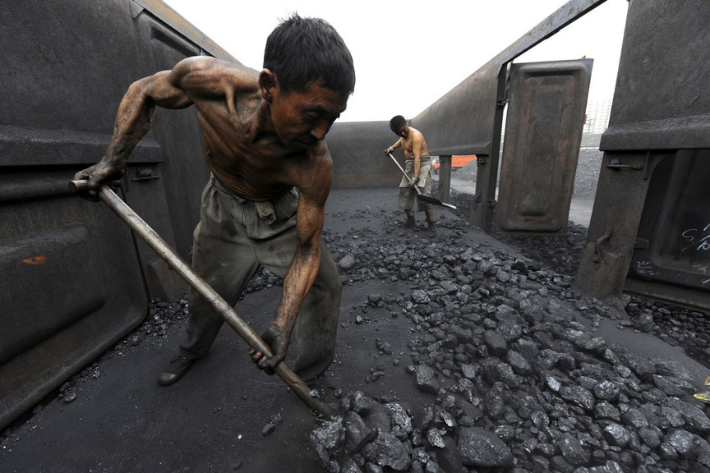State media in China hit back on Thursday at US calls for Beijing to drop its ramped-up controls of rare earth exports, as trade tensions between the two superpowers rise.
US Trade Representative Jamieson Greer on Wednesday described China’s new rare earth export restrictions as “a global supply-chain power grab.”
Greer suggested that China could stave off President Donald Trump’s threat to reimpose triple-digit tariffs on Chinese goods by shelving the measures set to take effect on November 8.
ALSO SEE: US May ‘Extend Tariff Truce’ If China Delays New Rare Earth Rule
However, Beijing claims it not only notified Washington of the new licensing regime before announcing it, but that the controls are also consistent with measures long in place in other major economies.
The US and China have been embroiled in a war of words since a September telephone call between Trump and Chinese leader Xi Jinping, with each accusing the other of stoking tensions weeks ahead of an expected meeting between the two men.
Beijing attributes the rise in rhetoric to the US Commerce Department’s expansion of its “Entity List” in late September to include companies in China and elsewhere that use subsidiaries to bypass export restrictions on chipmaking equipment and other high-tech goods.
But Washington pins the start of the latest flare-up to China’s critical minerals move, which Trump described as “shocking.”
“The United States has long overstated national security concerns and abused controls, adopting discriminatory practices against China,” read one of seven infographics published by People’s Daily, the official newspaper of the governing Communist Party. The poster added that Washington maintains a control list over 3,000 items long, compared to the 900 on Beijing’s catalogue.
“Implementing such export controls is consistent with international practice,” the first poster said, reiterating Beijing’s stance on the measures since their announcement.
Washington has had similar rules since the 1950s, and has been using them in recent years to stop foreign semiconductor companies selling chips to China if they are made using US technology.
“Washington should not be surprised by China’s ‘tit-for-tat’,” read an editorial in the Global Times, a state-owned tabloid, which has often been first to report on China’s next steps in trade disagreements.
“The sudden shift in the trade atmosphere caught many by surprise, yet that’s not surprising,” the editorial continued.
“The direct trigger for this round of tension was Washington’s breach of promises – an all-too familiar pattern.”
- Reuters with additional editing by Jim Pollard
ALSO SEE:
China Making Exports Of Rare Earth Magnets ‘Increasingly Difficult’
China Starts Collecting Tit-For-Tat Port Fees On US-Owned Ships
Lessons From Japan on Tackling China’s Rare Earth Dominance
China Steps up Checks on Nvidia AI Chips at Major Ports
Trade Deal Signed, But China Still Slow to Release Rare Earths
China Stops Most Antimony Exports But Rare Earth Sales to US Soar
China Did Not Agree to Military Use of Rare Earths, US Says
Korea’s Hyundai Has Rare Earths Stockpile That Can Last A Year
China Plays Rare Earths Card in EV Tariff Negotiations With EU
Carmakers Stressed by China’s Curbs on Critical Mineral Exports
China Export Curbs on Rare Earth Magnets: a Trade War Weapon
China Sets up Tracking System to Trace Its Rare Earth Magnets
China’s Critical Minerals Blockade Risks Global Chip Shortage
China’s Gallium Curbs a Headache for EV Carmakers
Western Firms Struggling to Break China’s Grip on Rare Earths























